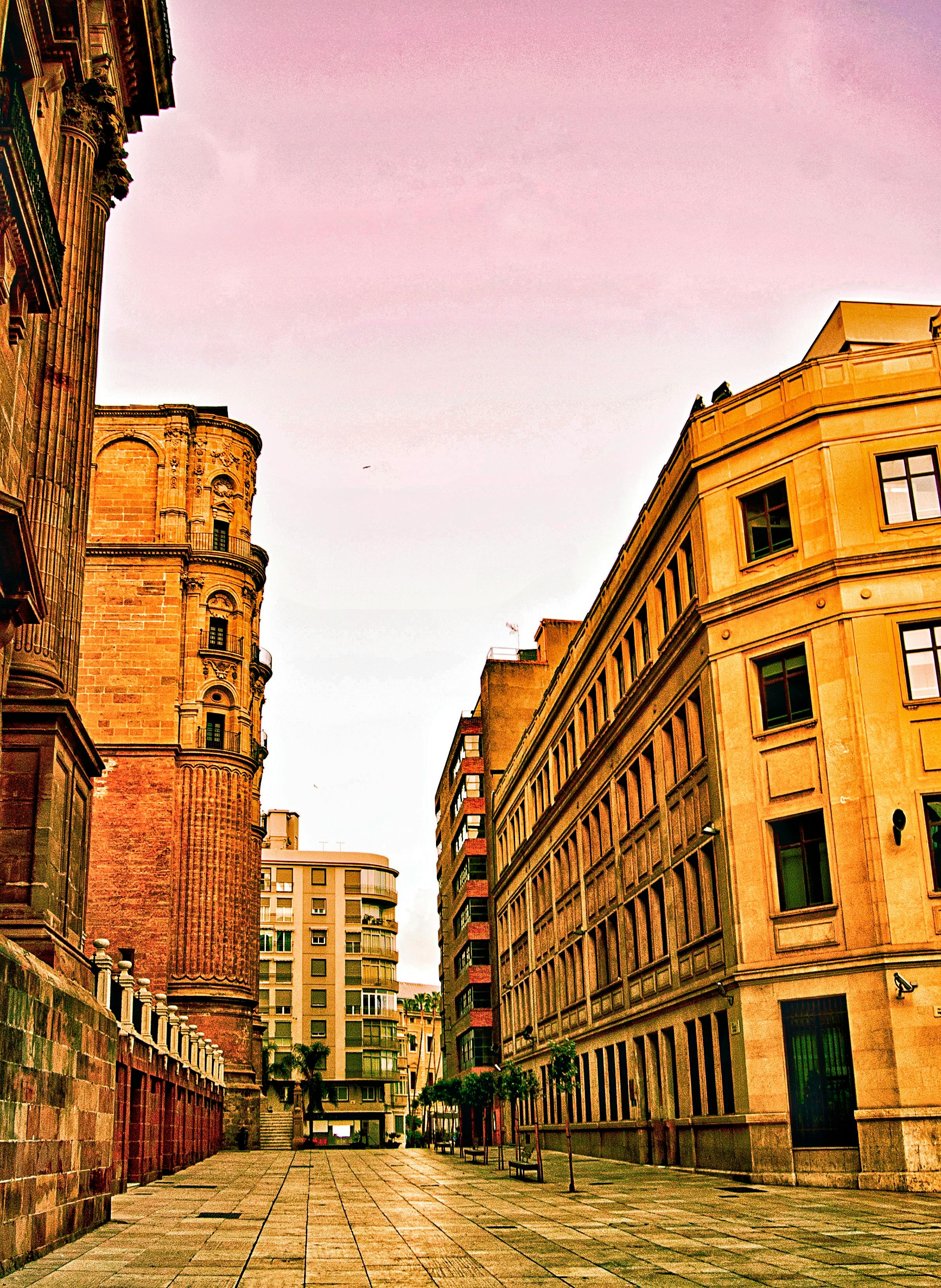
Blockchain in Smart Contract Dispute Resolution: Transforming Legal Tech in DeFi
Blockchain in Smart Contract Dispute Resolution
Understanding Smart Contract Dispute Resolution Landscape
Blockchain technology has fundamentally transformed traditional legal frameworks by introducing decentralized, transparent, and immutable dispute resolution mechanisms. Smart contracts, self-executing digital agreements with predefined conditions, have emerged as a revolutionary approach to managing complex transactional interactions without intermediary intervention.
In the rapidly evolving decentralized finance (DeFi) ecosystem, dispute resolution represents a critical technological and legal challenge. Traditional legal systems struggle to accommodate the high-velocity, cross-jurisdictional nature of blockchain-based transactions, necessitating innovative technological solutions.
Key Technological Frameworks for Smart Contract Dispute Resolution
Algorithmic Arbitration Protocols
Modern blockchain platforms are developing sophisticated algorithmic arbitration protocols that leverage machine learning and predefined legal logic to automatically adjudicate contractual disagreements. These systems utilize advanced oracles and multi-signature verification mechanisms to ensure fair and transparent resolution processes.
Jurisdictional Considerations
Various international jurisdictions have begun developing regulatory frameworks to support blockchain-based dispute resolution. Jurisdictions like Switzerland, Liechtenstein, and the Cayman Islands have demonstrated progressive approaches to integrating blockchain legal technologies:
| Jurisdiction | Regulatory Approach | Key Features |
|---|---|---|
| Switzerland | Progressive | Comprehensive blockchain legal framework |
| Cayman Islands | Adaptive | Strong crypto-asset regulations |
| British Virgin Islands | Open | Flexible technological integration |
Top Blockchain Dispute Resolution Protocols
1. Kleros
Kleros represents a groundbreaking decentralized arbitration platform utilizing game-theoretic mechanisms to incentivize fair dispute resolution. Their innovative crowdsourced juror selection process ensures unbiased and transparent conflict management.
2. Aragon Court
Aragon Court provides a decentralized judicial system specifically designed for blockchain-native organizations, employing economic incentive structures to maintain judicial integrity and minimize malicious behavior.
Market Analysis and Future Implications
According to recent market research from Gartner and Deloitte, the blockchain dispute resolution market is projected to grow at a compound annual growth rate (CAGR) of approximately 35.7% between 2023 and 2028. This exponential growth underscores the increasing complexity and sophistication of decentralized legal technologies.
Technological Challenges and Solutions
The primary challenges in blockchain dispute resolution include ensuring cryptographic security, maintaining jurisdictional compatibility, and developing standardized evaluation frameworks. Advanced cryptographic techniques like zero-knowledge proofs and homomorphic encryption are emerging as potential solutions to these complex technological barriers.
RWA.codes Expertise
At RWA.codes, we specialize in developing sophisticated blockchain legal infrastructure, offering comprehensive consulting and development services for tokenization, smart contract design, and regulatory compliance across multiple international jurisdictions. Our multidisciplinary team combines deep technological expertise with nuanced legal understanding to deliver cutting-edge solutions.
Contact Information
For advanced blockchain legal technology consulting, visit RWA.codes and explore our comprehensive service offerings.